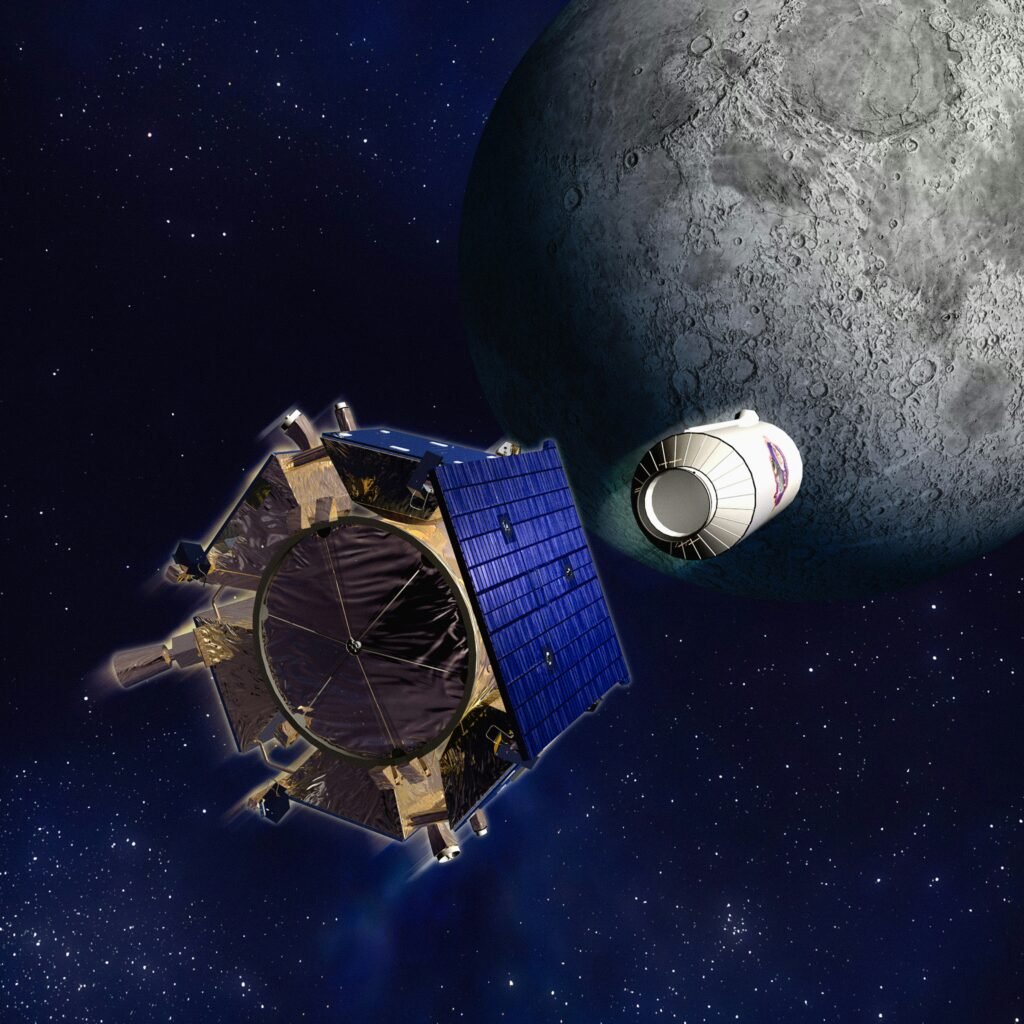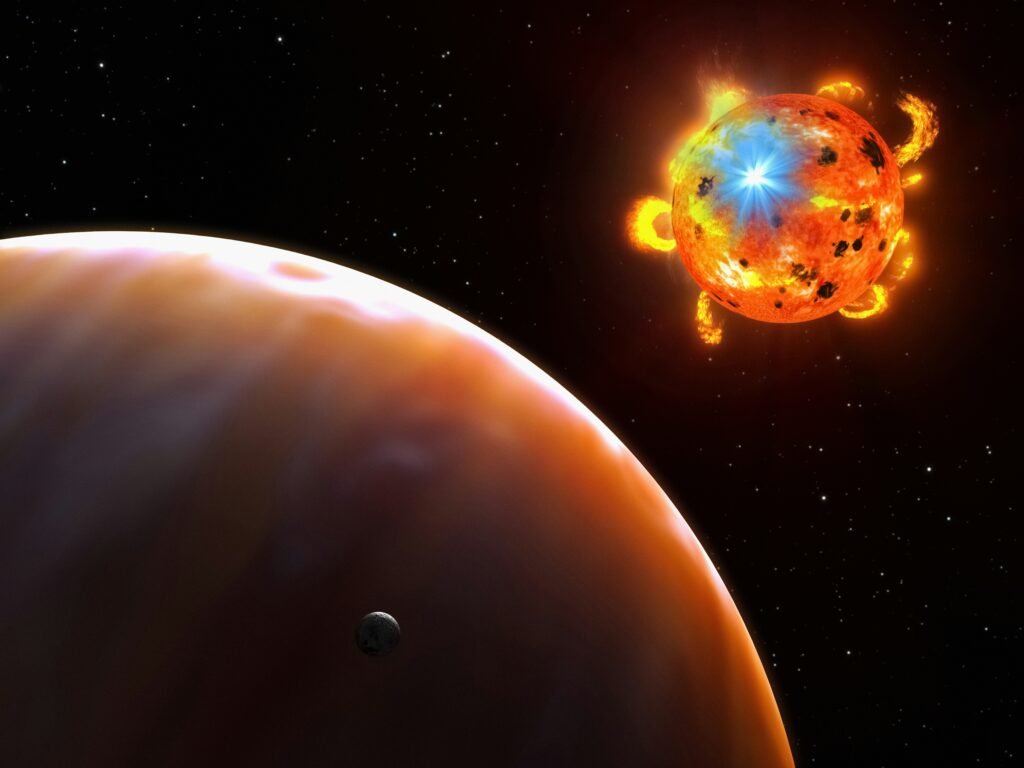
For centuries, humans have looked to the stars with wonder. What was once a dream—exploring outer space is now a global mission.
With increasing investment in space exploration, we are entering an era where rockets, satellites, and rovers aren’t just scientific tools; they’re the key to reshaping the future of civilization. As NASA, private companies, and countries like the US and UK push further into the cosmos, the big question is: How is space exploration changing humanity?
Space Exploration: A Catalyst for Innovation

One of the most direct ways space exploration changes our future is through technology. Many everyday tools we use originated from space research:
- GPS navigation
- Weather prediction systems
- Satellite communication
- Memory foam and scratch-resistant lenses
These innovations not only improve our daily lives but also boost economies and create job opportunities. The growth of space technology has also led to the rise of new industries, such as commercial spaceflight and satellite-based internet.
New Frontiers: Colonization and Survival

A major long-term goal of space agencies is to create sustainable human settlements beyond Earth.
- NASA’s Artemis program aims to build a long-term presence on the Moon.
- Private companies like SpaceX are planning crewed missions to Mars.
Why is this important? Earth faces threats such as climate change, overpopulation, and resource depletion. Establishing a human presence on other planets could act as a backup plan for civilization concept often referred to as multi-planetary survival.
Space colonization may seem far away, but it’s a serious strategy for ensuring the future of humanity.
Scientific Discovery and Human Curiosity

The desire to explore is part of human nature. Through missions like the James Webb Space Telescope, we’ve discovered:
- Planets beyond our solar system (exoplanets)
- Clues about the origins of the universe
- Evidence of water on Mars and the Moon
These findings help us answer deep questions: Are we alone? Where did we come from? Where are we going?
By investing in space exploration, we are not only advancing science—we are also expanding our understanding of life, time, and existence itself.
Economic Growth and Career Opportunities
The global space economy is growing rapidly, offering more than just scientific value. In the US and UK, space-related industries support:
- Engineering and aerospace jobs
- Space tourism and hospitality planning
- Research and development in AI, robotics, and materials
Governments and institutions now buy space exploration courses to train professionals in fields like astrophysics, satellite design, and planetary science.
As more countries join the race, industry will continue creating economic opportunities on Earth while fueling exploration beyond it.
Environmental Monitoring and Earth Preservation
Ironically, one of the greatest benefits of looking outward is improving how we care for our own planet. Space technology allows us to:
- Track deforestation and illegal mining
- Monitor air and water pollution
- Predict natural disasters like hurricanes and wildfires
Satellites help governments and scientists make better decisions to protect ecosystems. So, space exploration impacts humanity by making Earth a more livable, sustainable place.
Uniting Humanity Through a Shared Mission
While space has often been seen as a battleground for global competition, it also has the power to unite us. The International Space Station (ISS) is a prime example—built and operated by countries including the US, UK, Russia, Japan, and others.
When astronauts work together in space, politics and borders disappear. This spirit of cooperation can serve as a model for addressing issues on Earth such as poverty, climate change, and global health.
In this way, space exploration encourages international collaboration and peace-building.
Education and Inspiration for Future Generations
The excitement of space often sparks interest in science, technology, engineering, and math (STEM). This leads to:
- More students enrolling in STEM fields
- Greater public interest in space missions
- Creative thinking and innovation at all levels
Organizations like NASA and the UK Space Agency offer learning programs for children and adults alike. You can find space exploration news or enroll in training programs to start your journey.
Inspiring a new generation of thinkers and explorers is one of the most powerful ways space exploration is changing humanity.
Challenges That Need Addressing
While space holds incredible promise, it also presents challenges:
- Cost: Missions are expensive, and critics argue that funds could be used to solve Earth-based problems.
- Space Debris: As more satellites are launched, the risk of collisions increases.
- Ethics: Who owns the Moon? Who gets to mine Mars?
These issues must be handled responsibly. The future of space must be guided by sustainability, equality, and cooperation.
What Lies Ahead: A New Human Era
In the coming decades, space exploration will likely become as common as international travel is today. We may:
- Send civilians into orbit through space tourism
- Establish the first colonies on the Moon or Mars
- Mine asteroids for valuable resources
- Discover microbial life beyond Earth
As we push boundaries, the line between science fiction and science fact will blur. What remains clear is this: space exploration is not just about rockets—it’s about redefining what it means to be human.
Final Thoughts
From economic growth and environmental monitoring to philosophical discovery and survival, space exploration touches every aspect of modern life.
For students, scientists, entrepreneurs, and everyday dreamers, the sky is no longer the limit. With increasing access to data, tools, and education, anyone can be part of this movement.
Whether you want to buy space exploration courses, follow the latest breakthroughs, or simply stay informed, one thing is certain—the future of humanity is being shaped in space.








